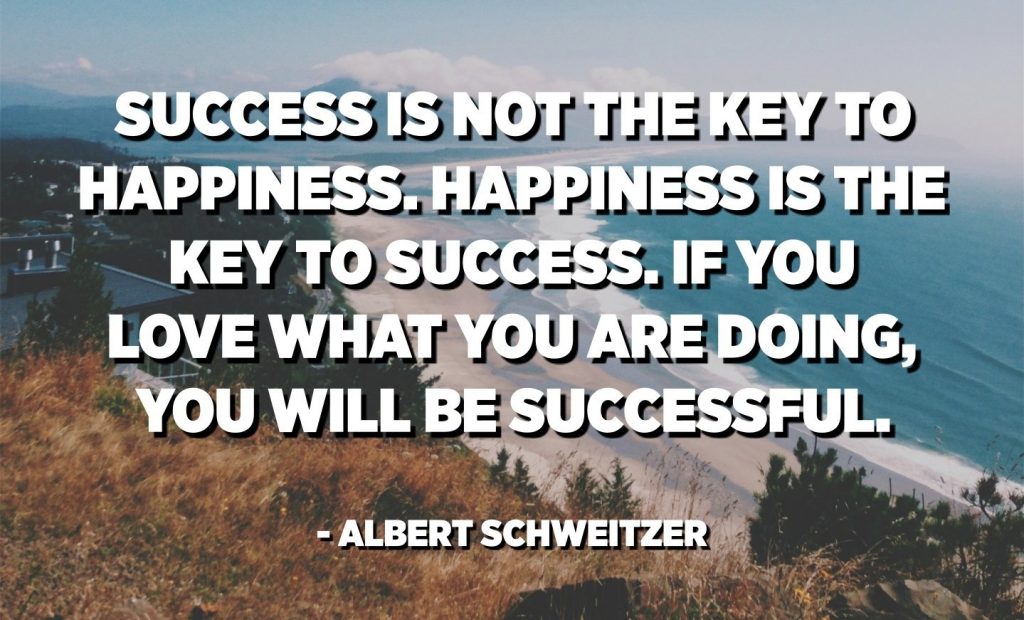I had planned on writing this newsletter to follow the Scholars Assembly planned for Tuesday 16 February.
This assembly was to have been an opportunity to celebrate and congratulate the many academic successes of our students in 2020. Unfortunately, the short Level 3 Lockdown in February interrupted that event.
Nevertheless, I want to take this opportunity to look at what we mean by success. We all have our own perceptions and expectations when we hear the word success. Maybe it is; getting NCEA with Excellence, getting into a course at University, accumulating wealth, helping people in our community, being happy, or gaining fame, power or a leadership role. According to Zig Ziglar (author of Born to Win!) success cannot be defined in one sentence but instead consists of many things, depends on the individual and that one size does not fit all.
The definition of success that resonates with me defines success as always doing your best – i.e. achieving your personal best. We hear about this more often in sports and music than in academics, as people aim for their personal best time, or height in the high jump, the number of goals scored in a game or to play a piece of music accurately and with flair. If you’ve done your best, you should feel proud of your efforts regardless of whether it’s sports, academics, community service or arts and culture.
Personal success does not just happen – it is the result of hard work, learning from failures and persistence.
Indeed, Nelson Mandela is noted for saying “Do not judge me by my successes, judge me by how many times I fell down and got back up again.” Just think of a child learning to walk. Children are determined. They fall, and they get back up and then they learn and soon they are running.
The 14th Dalai Lama suggests that success should also be judged on what you had to give up in order to get it. Many of the students that were to have been acknowledged had to give up things to achieve their goals…. to gain NCEA, a Certificate Endorsement or a Scholarship. They may have given up something simple like leaving their phones in the kitchen while they were studying, not watching TV on weeknights or forgoing an invitation to a party. But they all had to sacrifice something in pursuit of their goals.
However, even if we acknowledge doing our ‘personal best’ as a great definition of success there is still an inclination to compare our own successes to the success of others. Warren Buffet, an American businessman, says that to compare ourselves to others allows them to drive our behaviour. He suggests that it is a recipe for unhappiness unless you’re the best in the world. Buffett says what you are the best in – is being you and if you want to compare yourself to anything – compare yourself to who you were yesterday!
In other words, take responsibility for your actions and their consequences and you’ll find that you naturally become more successful and lastly, remember the words of Albert Schweitzer, philosopher and missionary –
“Success is not the key to happiness. Happiness is the key to success. If you love what you are doing, you will be successful.”

